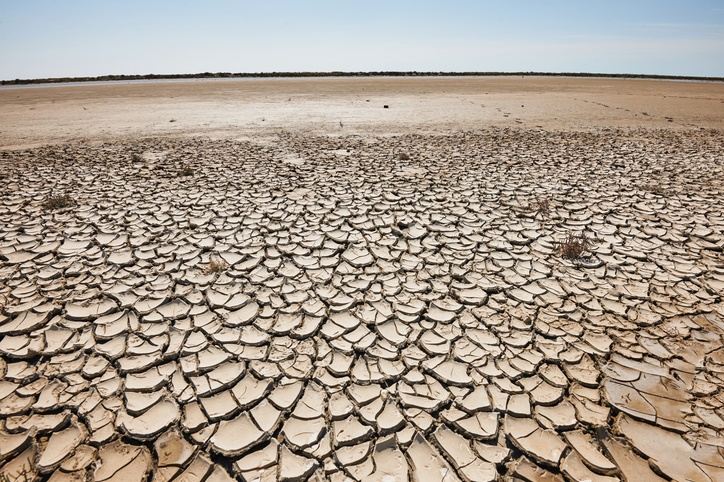
In partnership with The Conversation, #Trending brings you Curious Kids, a series where we ask experts to answer questions from kids.
Is global heating warming up the Earth? – Raphael, age 11, Auckland, New Zealand
Richard Hodgkins, senior lecturer in physical geography at Loughborough University, England:
“The simple answer to this important question is yes.
We know that both the planet’s air and its oceans have been getting hotter over the past 100 years or more. We know this because it has been measured directly by weather scientists called meteorologists.
The obvious question is: Why is this happening?
Scientists know that long ago the Earth went through periods when it was warmer or cooler than it is now. But the chances of the recent run of hot years happening naturally is very, very small.
We know that the past 30 years have probably been the hottest period of the past 1 400 years.
The only way to explain the steady heating of the past century, and especially the faster heating in the past 30 years, is through the effect of human activity.
Fuels such as coal and oil are burnt to power cars, trucks, trains and aeroplanes; to run offices, farms and factories; and to heat and light homes.
These fuels are made from a material called carbon and when they are burnt they make a gas called carbon dioxide. This gas escapes into the atmosphere and stays there for a long time, maybe even hundreds of years.
Science experiments have shown that carbon dioxide is good at trapping heat, so when there’s more of it in the air the world heats up.
The effects of heating temperatures can already be seen in many ways around the world. Unfortunately, most of these effects cause trouble for people.
More frequent and longer-lasting droughts and heatwaves are likely, which will make it hard for people working outside in jobs such as farming or construction to perform their jobs. And it will probably be harder to grow food crops in drier soils.
In cold places like the arctic, the heating climate melts extra snow and ice, adding water to the oceans which will cause the sea to eat away at many coasts.
Many of these changes will make life harder for people, who may then want or need to leave their homes and move to other places.
It’s easy to feel unhappy thinking about the effects of global heating, but it’s really important to remember that the future isn’t fixed – what eventually happens is up to us.”
- To read the rest of Hodgkins’ answer, go to the conversation.com
TALK TO US
Hello, curious kids! Have you got a question you’d like an expert to answer? Ask an adult to send your question toafrica-curiouskids@theconversation.com.Please tell us your name, age and which city you live in. We won’t be able to answer every question, but we will do our best




 Publications
Publications
 Partners
Partners









